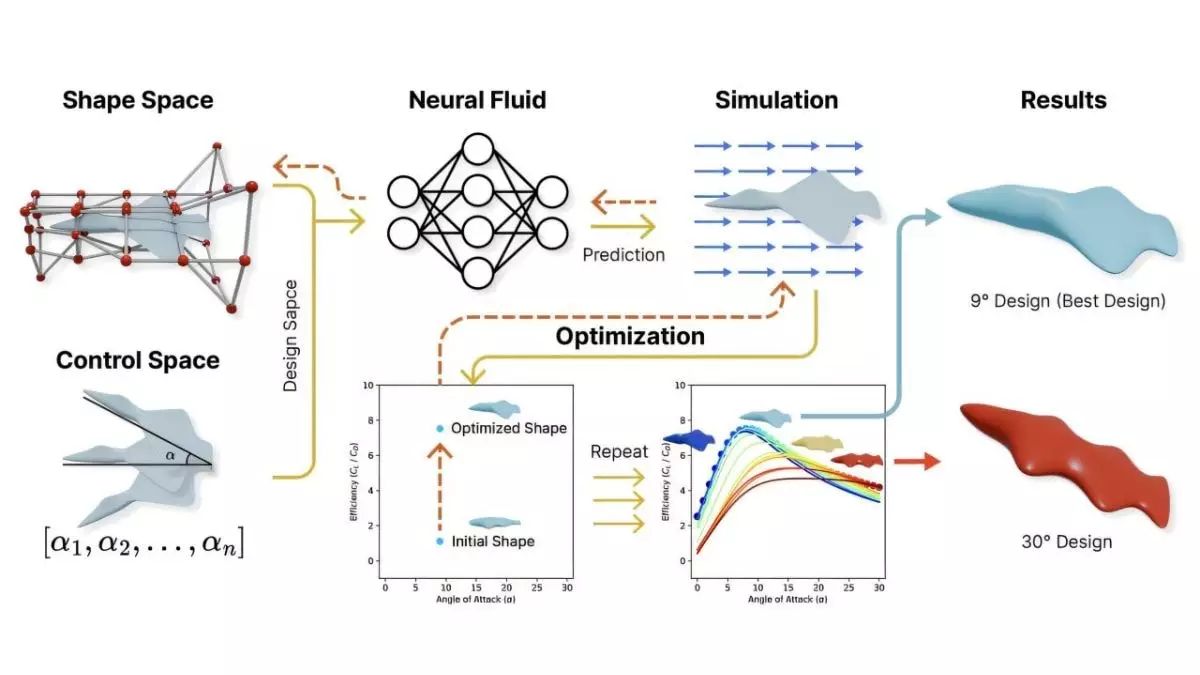In recent years, mankind’s fascination with the efficiency and agility of marine creatures like fish and seals has catalyzed innovative leaps in underwater technology. Nature’s mastery over movement in water isn’t just poetic; it’s a blueprint for sustainable, low-energy transportation. By mimicking these creatures, engineers aim to reduce the enormous costs and environmental impacts associated with traditional submarine and remotely operated vehicle (ROV) designs. While this bioinspired approach appears promising, it often glosses over the complex realities of marine environments and the economic viability of deploying such novel tools at scale.
The AI Revolution: Potential or Overreach?
Artificial intelligence has emerged as a transformative force in design and engineering, enabling rapid exploration of myriad possibilities previously unimaginable for human designers. For underwater gliders, machine learning algorithms can sift through countless shapes, optimizing for hydrodynamic efficiency far beyond manual capabilities. At first glance, this looks like a game-changer: faster prototyping, cost reduction, and unprecedented customization. However, this reliance on AI also raises serious questions about oversight, interpretability, and the long-term robustness of these solutions. Algorithms can be biased by the data they’re trained on, potentially missing critical nuances of real-world ocean conditions that aren’t captured in simulations. The danger lies in placing blind faith in digital approximations that may falter in unpredictable environments.
The Practicality and Ethical Concerns of Autonomous Marine Devices
While the engineering breakthroughs are technically impressive, the broader implications merit scrutiny. These advanced gliders, designed to be more energy-efficient and highly maneuverable, could significantly expand our capacity for ocean monitoring. Yet, a troubling aspect remains: increased deployment of automated devices in our oceans might threaten marine ecosystems if not carefully managed. Marine life could be disturbed or harmed by the proliferation of high-tech surveillance tools, especially when they become as common as now envisioned. Furthermore, the commodification of ocean exploration risks commodifying a fragile environment, reducing complex ecosystems to data points and reducing our moral responsibility.
The Center-Left Perspective: Balancing Innovation with Responsibility
From a center-wing liberal stance, technological progress should serve collective interests—advancing scientific understanding while prioritizing environmental stewardship. The AI-driven designs for underwater gliders align with the need for more sustainable research methods that minimize ecological damage and resource consumption. Nevertheless, progress must come with regulation and mindful implementation. Commercial and governmental exploitation of these innovations must be tempered by policies that protect marine biodiversity and ensure the benefits of exploration are shared equitably. As we forge ahead into this new frontier, it’s crucial to remain cautious about unchecked technological optimism, lest we overlook the unpredictable costs of human hubris manifesting beneath the waves.
While the potential to revolutionize ocean research is undeniable, embracing these AI-powered, bioinspired vehicles demands a critical lens. We should celebrate the ingenuity involved but also rigorously scrutinize whether these innovations truly serve our collective future or merely deepen our reliance on untested technological solutions. Responsible innovation must guide this exciting frontier, ensuring it enhances our understanding without compromising the health of Earth’s last great wilderness.

Leave a Reply